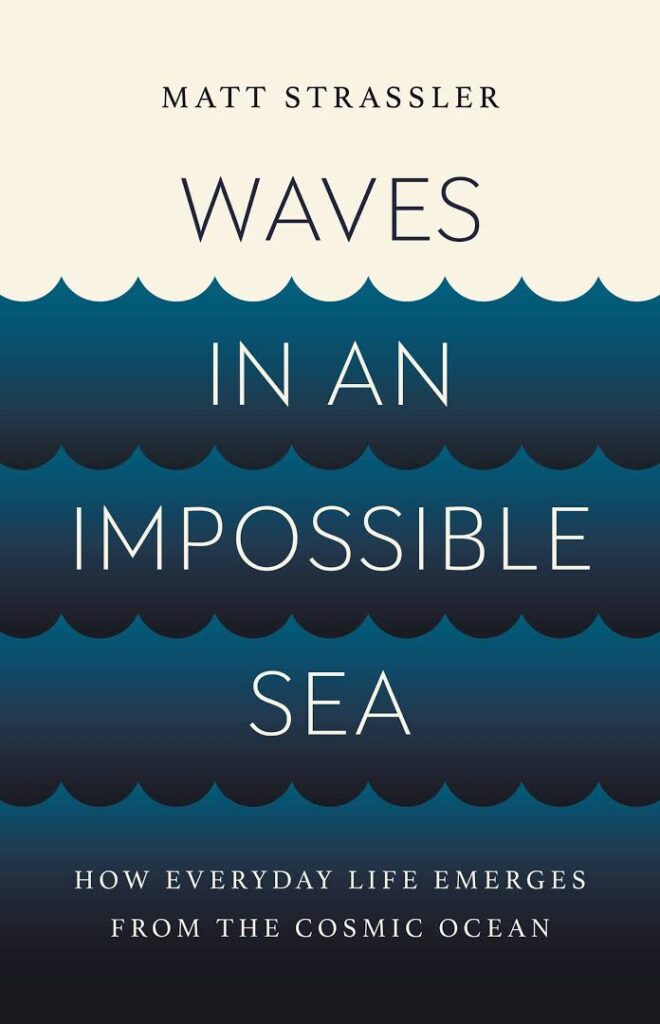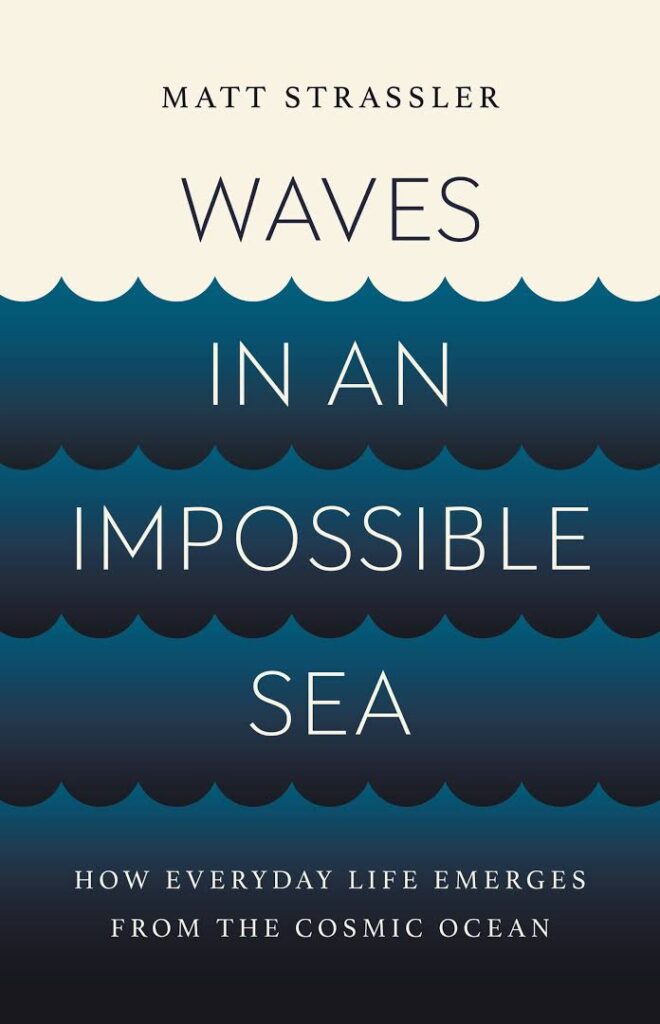Taking advantage of our day and a half off from physics talks in Grenoble, I’ve written the answers to some questions that are often asked (or should be asked) about the Higgs particle. I had planned to do a very careful job of explaining what the Higgs particle is all about — and eventually I will — but it seems as though doing something quick would be a good idea, given that the search for the Higgs particle has leapt into the news again and there’s a lot of interest in it right now. So here you go; the Higgs FAQ. I hope this is useful to you!
The First Version of the Higgs FAQ
POSTED BY Matt Strassler
ON 07/24/2011
Share via:
Twitter
Facebook
LinkedIn
Reddit
Buy The Book
Reading My Book?
Got a question? Ask it here.
Media Inquiries
For media inquiries, click here.
Related
This week I’ll be at the University of Michigan in Ann Arbor, and I’ll be giving a public talk for a general audience at 4

POSTED BY Matt Strassler
ON 12/02/2024
Particle physicists describe how elementary particles behave using a set of equations called their “Standard Model.” How did they become so confident that a set

POSTED BY Matt Strassler
ON 11/20/2024


9 Responses
“If you try to take the Higgs field out of the mathematics but keep the W and Z particles and the other heavy particles (such as the top quark) that we have already discovered and know are present in nature, you will find that the mathematics of the Standard Model simply makes no sense.”
But if the heavy particles you describe are “discovered and present” only as collision debris, in that the collision creates the energy to produce the signal interpreted as a particle, then is it not possible that their discovery and presence in nature is not foundational, in the sense of “what everything is made of” or “ever present”, but only fundamental in the sense of “don’t seem to be further breakable”? Then the Standard Model is a way of predicting the outcomes of collisions, but is treated as if it describes the creation of matter in the universe. (Not a scientist, not “religious”, just don’t believe in the scenario of symmetry breaking due to cooling from an initial hot dense state, etc. Is there not an alternative to that scenario, namely that the universe heated up from an initial no-temperature state?)
We have a communication issue. What do you mean by “foundational”?
As for not believing in the “scenario of symmetry breaking due to cooling from an initial hot dense state” — “is there not an alternative to this scenario?” You are correct that I have oversimplified current theory for the purposes of a simple discussion. [At some point I’ll fill this gap in the logic in.] In fact it is believed by many cosmologists that prior to the hot period of what we call the Big Bang was a period of exceedingly rapid expansion of the universe (called “inflation”) and during this period the universe was very cold. It became very hot after inflation ended and the energy that drove inflation was converted to hot radiation and matter. So yes, it may have gone from cold to hot to cold. But it must have been hot at some point, because (a) we see the remnant heat, as cosmic microwave radiation, and (b) calculations of the abundance of helium, lithium and other elements work well, if you assume the universe was at some point very hot, and cooled smoothly from there. Whether it was ever hot enough to force the average Higgs field to be zero is actually not established yet. I would say the jury is out on what happened at times when the temperature was above about 1 trillion degrees. So indeed, my story, though perfectly reasonable, has a oversimplifying and speculative element at precisely that point — clearly this was to keep the discussion short, but I should have flagged it as a place where the issues is not settled. So you are free to choose not to believe it — though since the process is not much different from how liquids freeze or magnets magnetize, I don’t know what you have against it.)
Does gravity count as a higgs field?… because that’s what it’s going to come back to if you never get anything but null results for every other search.
No. Gravity has many aspects that make it useless for making it serve as the type of Higgs field that is needed to make the W and Z massive, along with the electron and so forth. This is true even of quite extended forms of gravity. (There are more options with extra rolled-up dimensions of space, and that’s precisely why string theory in 10 dimensions can predict things as complex as the Standard Model in 4 dimensions. But 4-dimensional gravity cannot do the job.)
Not even a scaler-tensor theory?
The Higgs field (or Higgs fields) must be affected by both the weak isospin and hypercharge forces, which are transformed when the Higgs becomes on average non-zero into the weak and electromagnetic forces. No other type of field can do this correctly. This theoretical notion has passed dozens of high-precision experimental tests by now. Four-dimensional gravitational scalars are affected by the wrong forces with the wrong strengths, and have other deadly problems that make them unacceptable as a Higgs field. There’s no wiggle room here.
whoop!… scalar, I meant.
That makes sense, Matt. Thanks!
You mention how the “God Particle” got its name — I’d like to know what the Higgs field is named for. I assume… someone named Higgs?
Good stuff! I actually followed all of that!